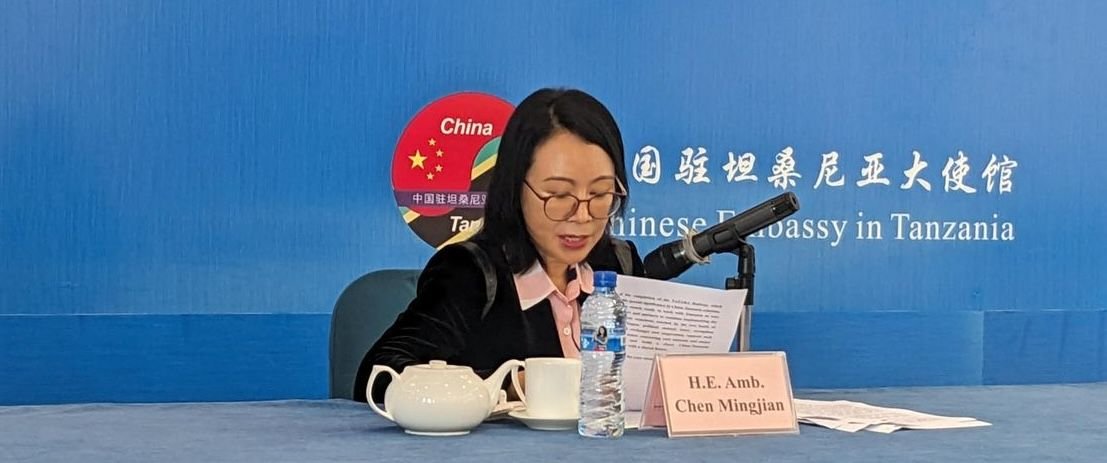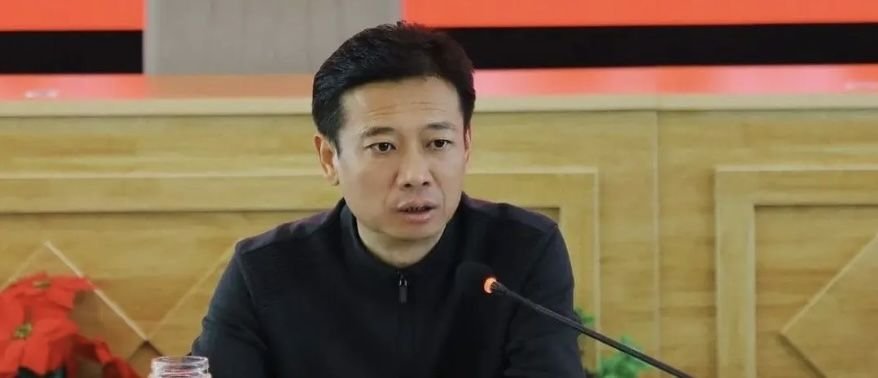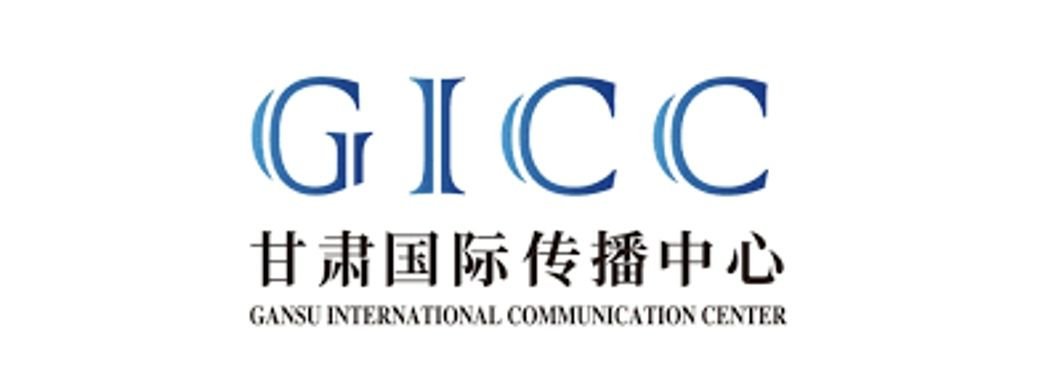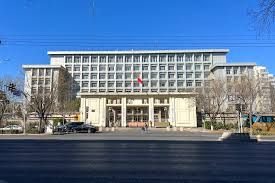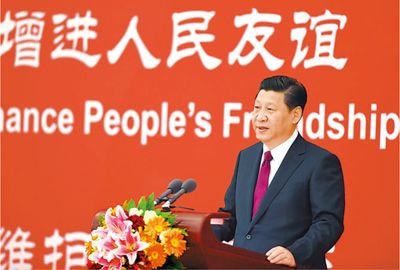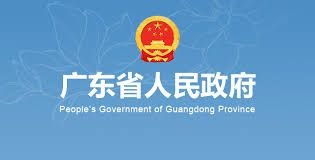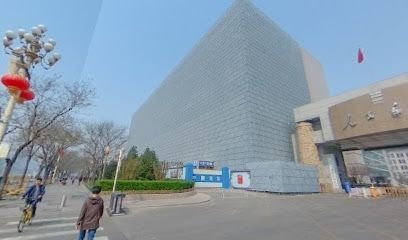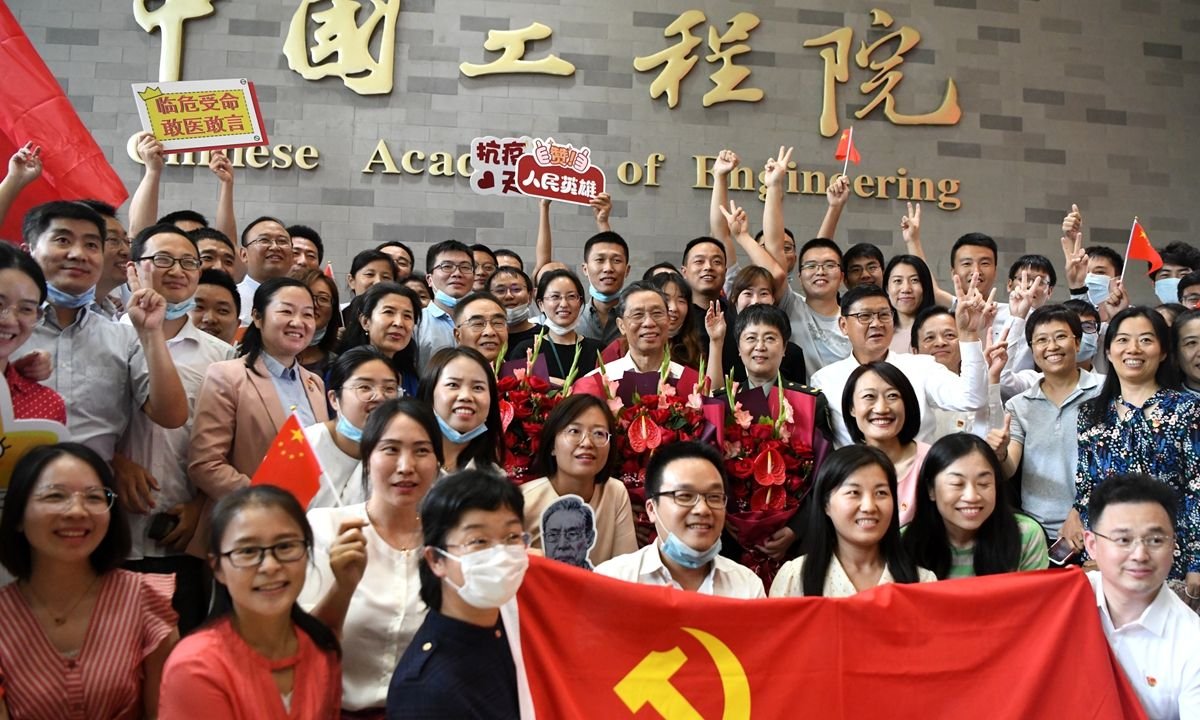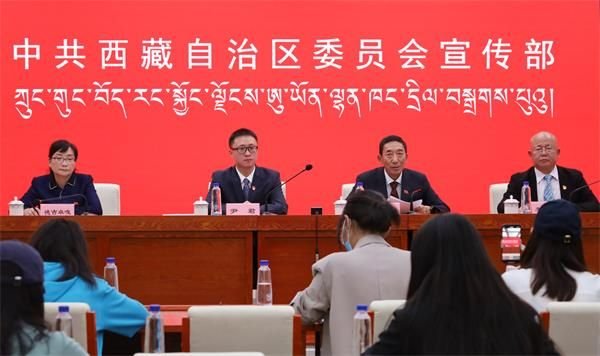Chinese Embassy in Tanzania
The Embassy of the People’s Republic of China in Tanzania is China’s chief diplomatic mission to the United Republic of Tanzania, located in Dar es Salaam. The mission’s origins trace to the establishment of diplomatic relations between the People’s Republic of China and Tanzania on April 26, 1964, when the newly formed United Republic of Tanzania (created from the union of Tanganyika and Zanzibar) extended diplomatic ties with Beijing, making Tanzania among the earliest African nations to establish diplomatic relations with the People’s Republic of China during the Cold War era. The embassy is currently located in Dar es Salaam, Tanzania, with China also maintaining a consulate-general in Zanzibar.

